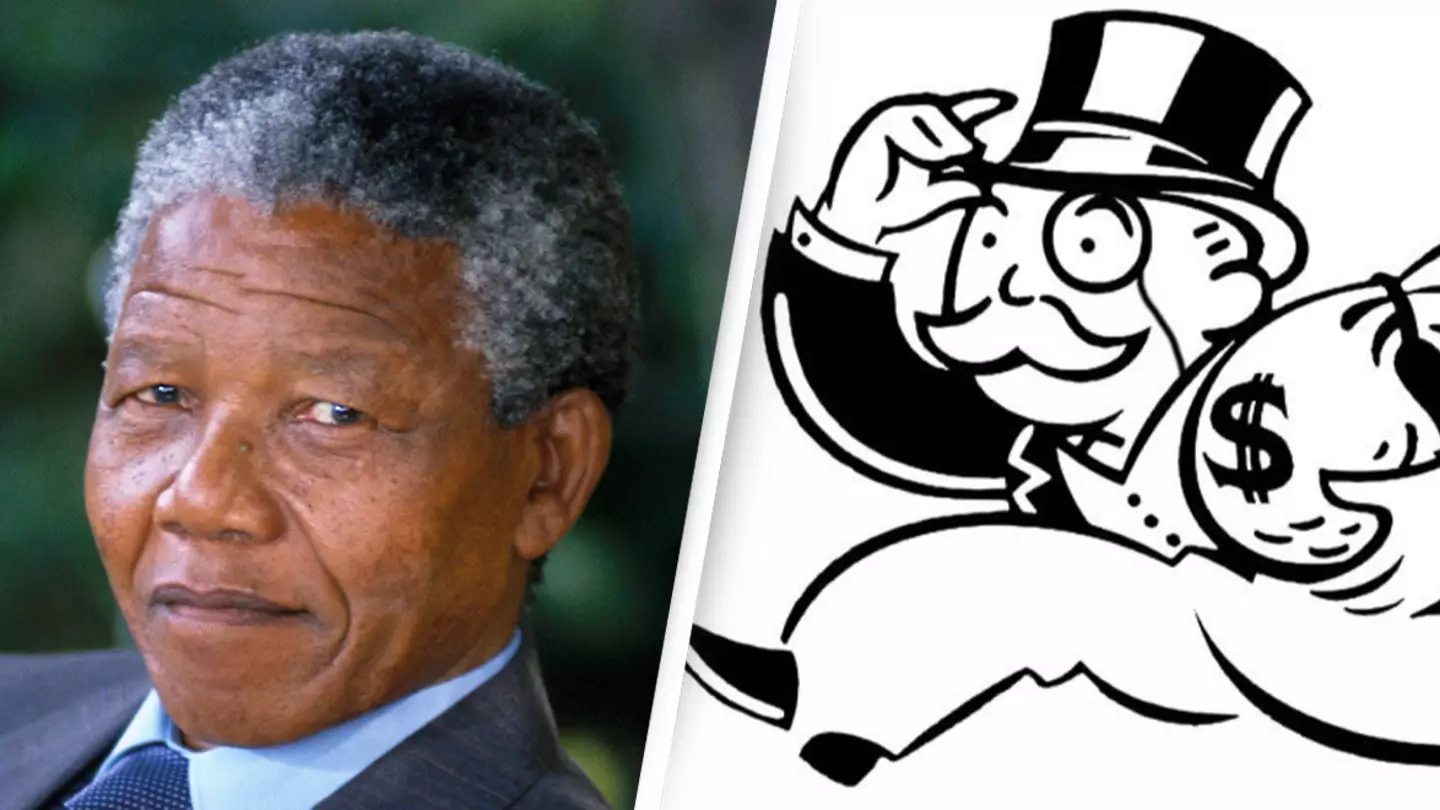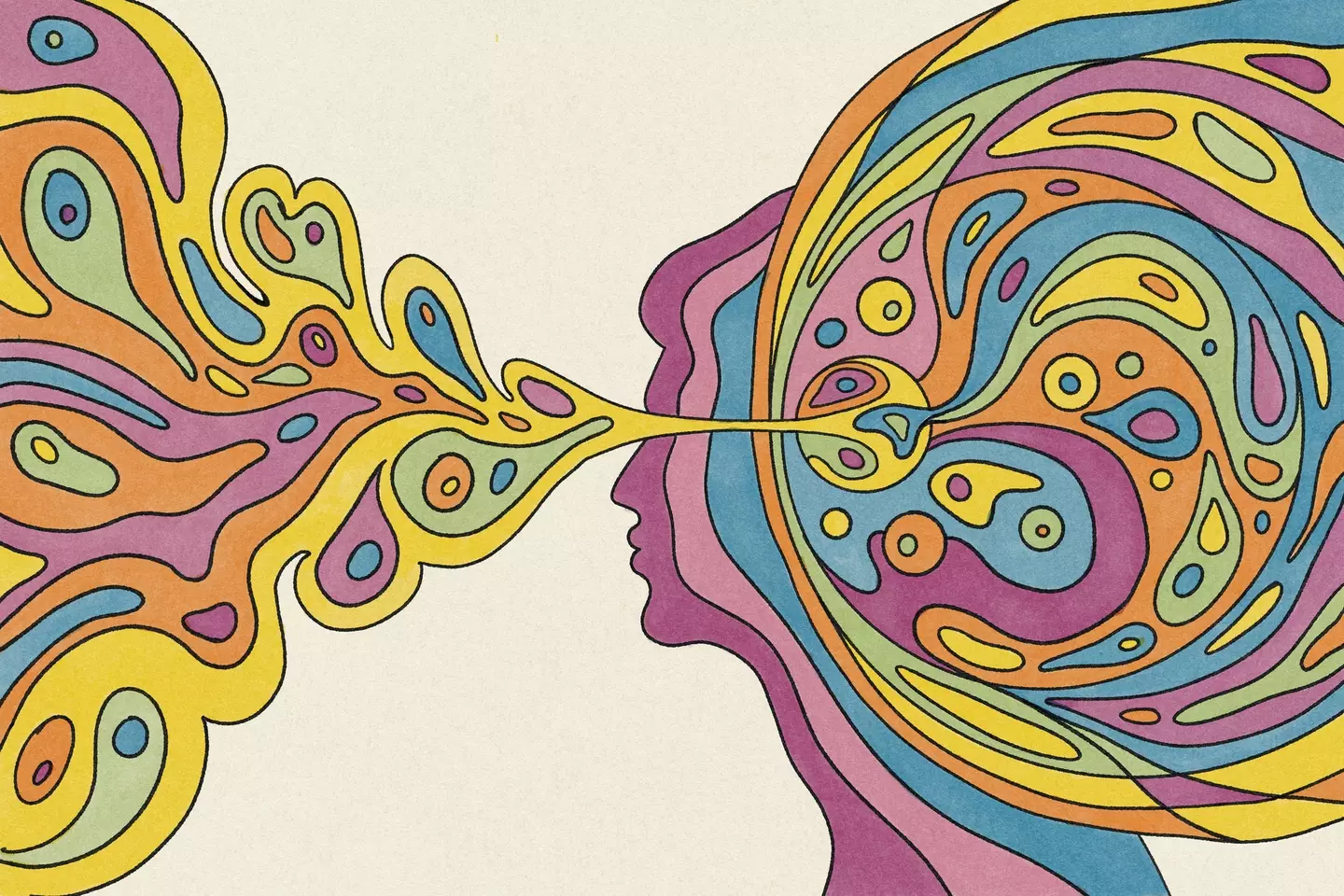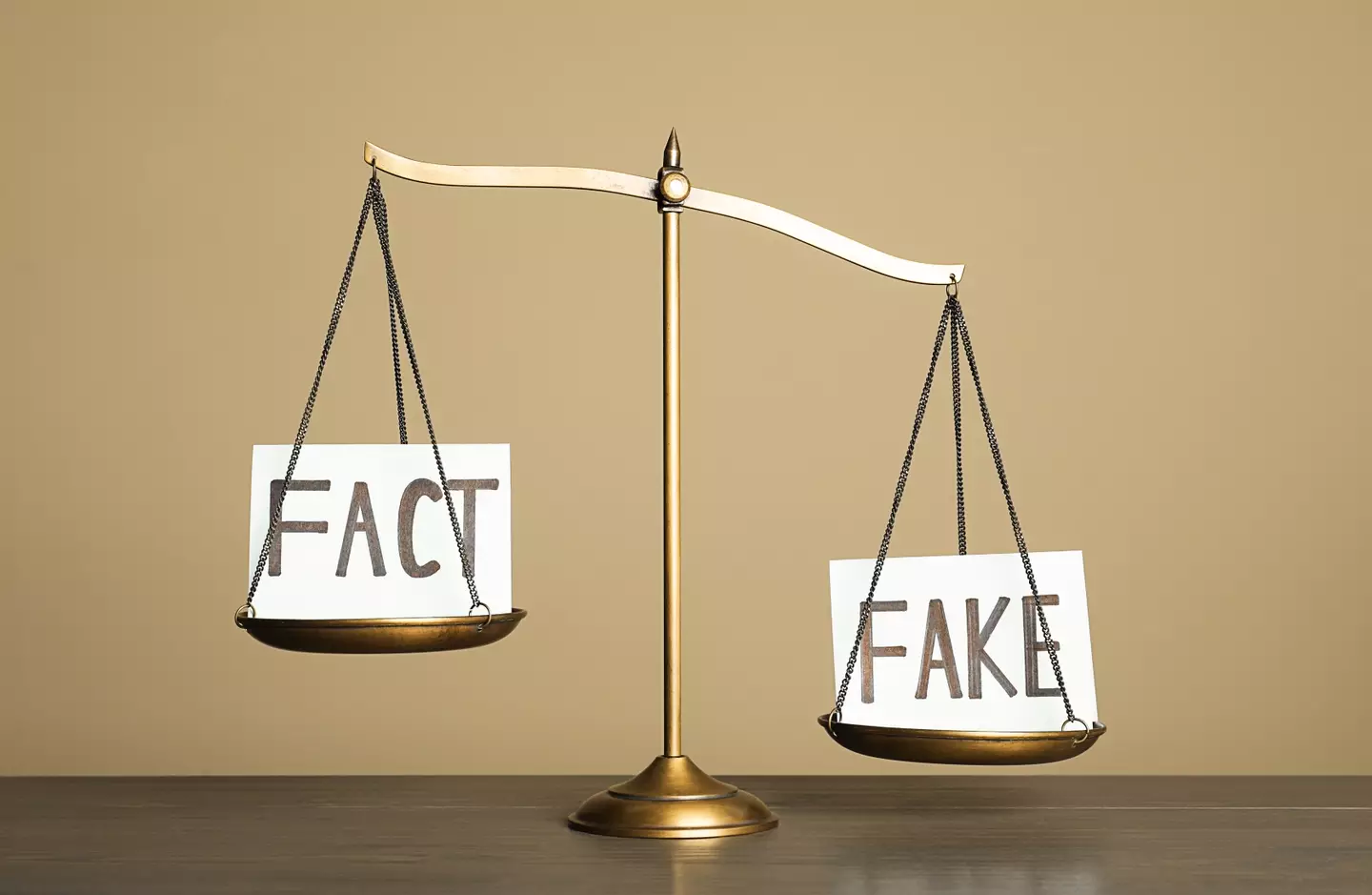
Examples of the 'Mandela Effect' have left people questioning their reality.
The way we recall the past is clearly something which is objective and wholly reliable, right?

Wrong - in a terrifying and existential crisis causing kind of way.
Advert
In fact not only is memory a lot less reliable than we might like to think, but our conceptions of it might even change over time the further we are from a memory.
So something you might think that you remember clearly may not actually have happened that way at all.
It's a scary thought given how important our memories can be in forming our sense of self and how we conceive of the world around us.
Having 'inaccurate' memories of an event is not an unusual thing and could happen for any number of reasons, for example someone might block out a traumatic episode in their life.
But the Mandela Effect is when this happens on a bigger scale.

Yes, you read that right.
It might seem harmless for one person or maybe a relatively small group of people to have inaccurate memories of an event.
But with the Mandela Effect we're talking about very large numbers of people all sharing some false memory.
The effect is named after one false memory shared by many of former South African president Nelson Mandela dying in prison in the 1980s, despite the fact that he was very much alive and passed away in 2013.
There are numerous examples of it in imagery and titles as well.
For example, it's not Loony Toons but Looney Tunes, not Fruit Loops but Froot Loops, and not Cheez-Itz but Cheez-It.
Other examples include that the Monopoly man didn't have a monocle, and Pikachu never had a black stripe on the end of his tail.
One Mandela Effect that caused mass confusion was that The Fruit of the Loom logo never actually had a cornucopia in it.
And there was never a letter 'T' in shoe brand Skechers.
After a thread of Mandela Effects was shared on Twitter, people were left perplexed as they were convinced many were true.

One joked: "Trippy - we must be in a simulation."
Another commented: "It’s too Monday for this level of screw my brain sideways. Apparently I’m from another dimension."
A third said simply: "Mandela effects blow my mind."
It's not clear what exactly causes large numbers of people to incorrectly remember something.
Some have suggested that the mass false memories could be the result of different groups of people sharing similar cognitive factors which might include the social reinforcement of incorrect memories.
Other explanations could be memories based on false or inaccurate news reports which someone has internalized.
Whatever the reason, it's a terrifying reminder of just how malleable our perception of the world around us can be.
Topics: Psychology, Weird
